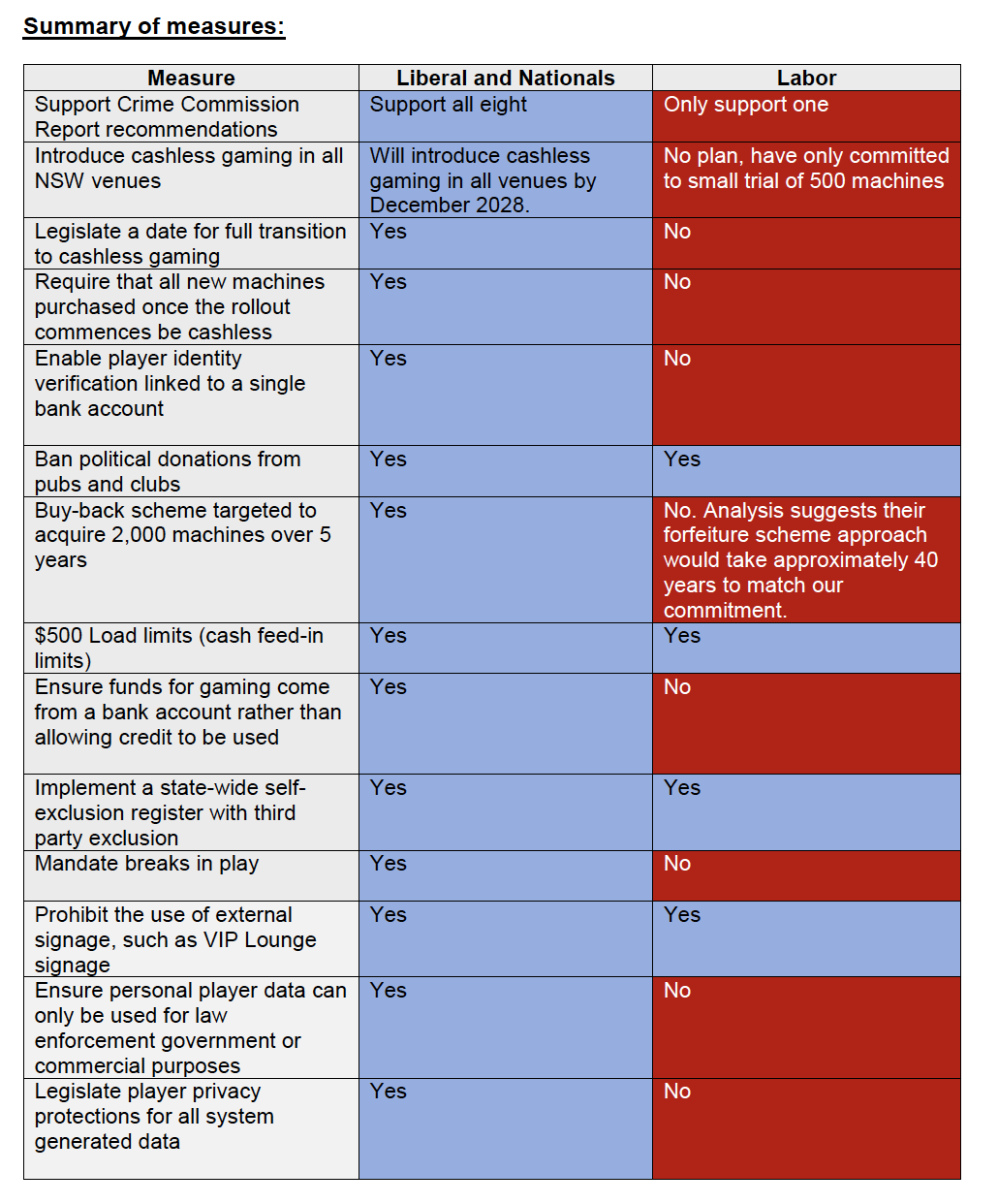The NSW Budget remains on track to return to surplus in 2024-25, despite a challenging global economic landscape, unprecedented flooding across the State, high inflation and record cost of living.
Treasurer Matt Kean today released the 2022-23 Half Yearly Review, showing the State’s finances remain solid and economic growth has exceeded expectations, underpinning the Government’s continued investments to support families and build a brighter future.
The key updates include:
· The State remains on track to return to surplus in 2024-25
· Real Gross State Product (GSP), a measure of the State’s economic output, is expected to increase by 3¾ per cent in 2022-23
· The Government is continuing to support households by providing $7.2 billion in cost-of-living relief in 2022-23
“The Budget remains on track to return to surplus, just as the Government first promised in November 2020, despite the Delta and Omicron outbreaks, the unprecedented flooding, high inflation and interest rate hikes our State has faced since then,” Mr Kean said.
“The fact that NSW remains the only Australian state with two triple-A credit ratings and leads the nation in business conditions speaks to this Government’s record of strong economic management.
“The strength of the NSW economy and budget underpins the Government’s plan to support households with cost-of-living relief and invest in economic reforms and infrastructure to boost productivity and crush inflation.”
The 2022-23 NSW Budget included $7.2 billion for cost-of-living support such as the Toll Relief Rebate Scheme, Back to School vouchers, Energy Bill Buster program and more than 70 rebates, vouchers and concessions to help households manage their budgets.
In the Half-Yearly Review, the State’s infrastructure program has increased to a record $116.6 billion over the four years to 2025-26, driven by investments in new and existing transport infrastructure and health facilities.
“Over the past 12 years the Government has delivered ground-breaking infrastructure projects that have transformed the lives of the NSW people, including 58 new and 155 upgraded schools and more than 180 new or upgraded health facilities,” Mr Kean said.
The Government is also continuing to invest in productivity enhancing reforms that will help grow the economy.
“Our $16.5 billion investment, over the next decade, to improve women’s economic opportunities and child development, is set to help unleash the aspirations of women across NSW, with the female workforce participation rate near record highs,” Mr Kean said.
“Our housing reforms are already clearing the barriers to home ownership, with 761 first home buyers opting into the First Home Buyer Choice in the fortnight after it launched on 16 January 2023.”
Read the Half Yearly Review here: https://www.budget.nsw.gov.au/2022-23/half-yearly-review

